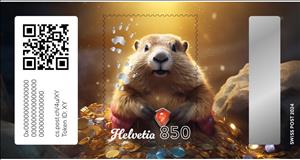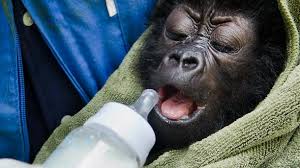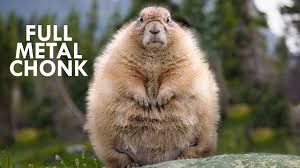Stamp: "Marmi" Crypto Stamp 4.0 – Unique Edition (Switzerland 2024)
"Marmi" Crypto Stamp 4.0 – Unique Edition (Switzerland 2024)
10 June (Switzerland ) within release "Marmi" Crypto Stamp 4.0 – Unique Edition (2024) goes into circulation Stamp "Marmi" Crypto Stamp 4.0 – Unique Edition face value 850 Swiss centime
| Stamp "Marmi" Crypto Stamp 4.0 – Unique Edition in catalogues | |
|---|---|
| Colnect codes: | Col: CH 2024.06.10-01 |
Stamp is square format.
Drawing made by AI with MidJourney software Stamp with NFT, without price. Token ID: 1 Back picture is the digital representation Swiss Crypto Stamp 4.0 – Unique Edition Stamp collectors and fans of digital objects will have the opportunity to purchase a unique coin from the Swiss Crypto Stamp 4.0 series at auction for a good cause. The Unique Edition “Unicorn” will be auctioned from 1 franc exclusively on Ricardo from June 10 to June 16, 2024, as part of #RicardoForGood. The Unique Edition is a unique coin issued in a single copy. It is presented in a velvet box. An exclusive art print of the NFT is included in the lot. All proceeds from the auction will be donated to the nature conservation organization Pro Natura.|
Data entry completed
53%
|
|
|---|---|
| Stamp "Marmi" Crypto Stamp 4.0 – Unique Edition in digits | |
| Country: | Switzerland |
| Date: | 2024-06-10 |
| Emission: | Cryptostamp |
| Format: | Stamp |
| Face Value: | 850 Swiss centime |
| Print run: | 1 |
Stamp "Marmi" Crypto Stamp 4.0 – Unique Edition it reflects the thematic directions:
Animals are multicellular, eukaryotic organisms of the kingdom Animalia (also called Metazoa). All animals are motile, meaning they can move spontaneously and independently, at some point in their lives. Their body plan eventually becomes fixed as they develop, although some undergo a process of metamorphosis later on in their lives. All animals are heterotrophs: they must ingest other organisms or their products for sustenance.
Crypto-communism (or cryptocommunism) is a secret support for, or admiration of, communism. Individuals and groups have been labelled as crypto-communists, often as a result of being associated with, or influenced by communists. Crypto-communism among political leaders aided the sovietization of the Baltic states.
Mammals are any vertebrates within the class Mammalia (/məˈmeɪli.ə/ from Latin mamma "breast"), a clade of endothermic amniotes distinguished from reptiles (including birds) by the possession of a neocortex (a region of the brain), hair, three middle ear bones and mammary glands. All female mammals nurse their young with milk, secreted from the mammary glands. Mammals include the largest animals on the planet, the great whales. The basic body type is a terrestrial quadruped, but some mammals are adapted for life at sea, in the air, in trees, underground or on two legs. The largest group of mammals, the placentals, have a placenta, which enables the feeding of the fetus during gestation. Mammals range in size from the 30–40 mm (1.2–1.6 in) bumblebee bat to the 30-meter (98 ft) blue whale. With the exception of the five species of monotreme (egg-laying mammals), all modern mammals give birth to live young. Most mammals, including the six most species-rich orders, belong to the placental group. The largest orders are the rodents, bats and Soricomorpha (shrews and allies). The next three biggest orders, depending on the biological classification scheme used, are the Primates (apes and monkeys), the Cetartiodactyla (whales and even-toed ungulates), and the Carnivora (cats, dogs, seals, and allies).
Marmots are large ground squirrels in the genus Marmota, with 15 species living in Asia, Europe, and North America. These herbivores are active during the summer, when they can often be found in groups, but are not seen during the winter, when they hibernate underground. They are the heaviest members of the squirrel family.



